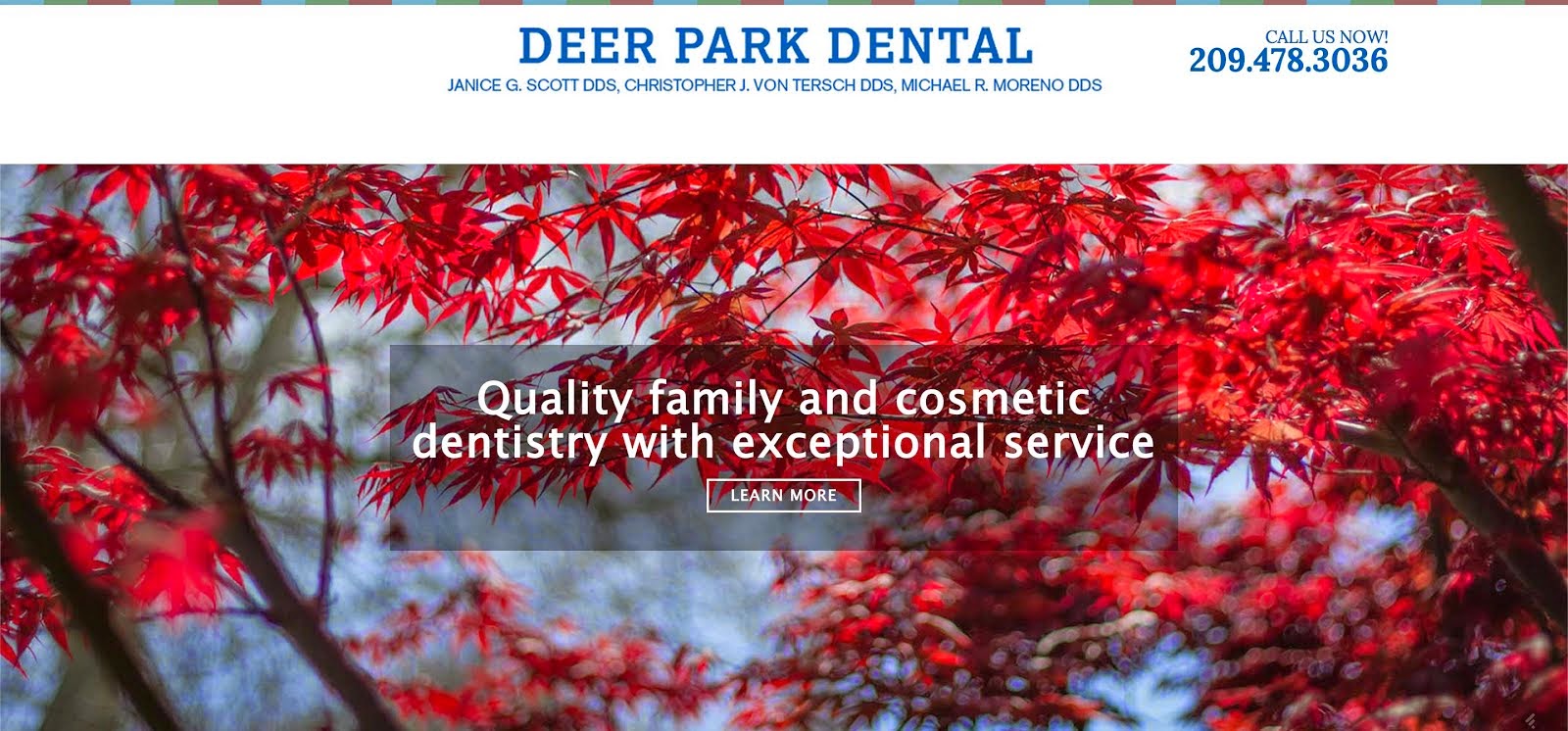Eliminate Denture Slippage
If you currently use removable dentures, you have probably
noticed that they can slip around in your mouth, too often creating
embarrassing moments. It can happen when you’re eating, coughing, or laughing,
and even when you’re just talking normally. Implant-supported dentures
completely eliminate this problem because they’re securely anchored to your
jaw—no more embarrassing denture slippage!
You’ll also find that you can once again enjoy any foods you
might have been avoiding due to problems with your dentures, like nuts and
seeds, and corn on the cob.
Prevent or Reverse Changes in Facial Structure
Perhaps the most important advantage of implant-supported
dentures is that they prevent the changes in facial structure that happen due
to tooth loss. These changes happen because bone tissue, like muscle, needs to
be used in order to remain strong. When teeth are missing, the bone beneath the
gum area atrophies and this can change the structure of the jaw, and eventually
facial aesthetics.
Dentures and bridges don’t do anything to prevent these
problems, because they don’t stimulate bone growth the way natural teeth do—but
implant-supported dentures will. They’re anchored firmly to bone and actually
mimic the way natural teeth roots work to stimulate healthy bone.
About the Implant Procedure
Dental implants can definitely change your life, but as you
might expect, it’s a complex procedure. The first stage of the process involves
surgically implanting a titanium screw into the jaw, to serve as an attachment
point for the new tooth, teeth or denture. In the second stage, the prosthetic
teeth are attached. Depending on the number of teeth being replaced, the
procedure may take more than one session to complete.
Permanent implants can be used to replace one tooth, or
several teeth. We also offer the “All on Four” procedure which can replace an
entire upper or lower set of teeth. Four implants are placed in the jaw and a interim prosthesis is placed so you have an immediate smile and bite. The key is that this is not the final prosthesis and you must eat relatively soft food while the implants are integrating with the bone, for at least 4 months. After this, you can begin the final restoration which is more durable and esthetic.
The good news is, we make this procedure as easy and
convenient for our patients as possible. While we don’t surgically implant the
supports in our own dental offices, we network with a dental surgeon who’s
located in the same building. Once the implants are in place and ready to
receive crowns or the denture, Deer Park Dental will complete the process in our own office.
Tired of denture problems? Schedule an appointment to find
out if dental implant supported dentures will help solve them.
